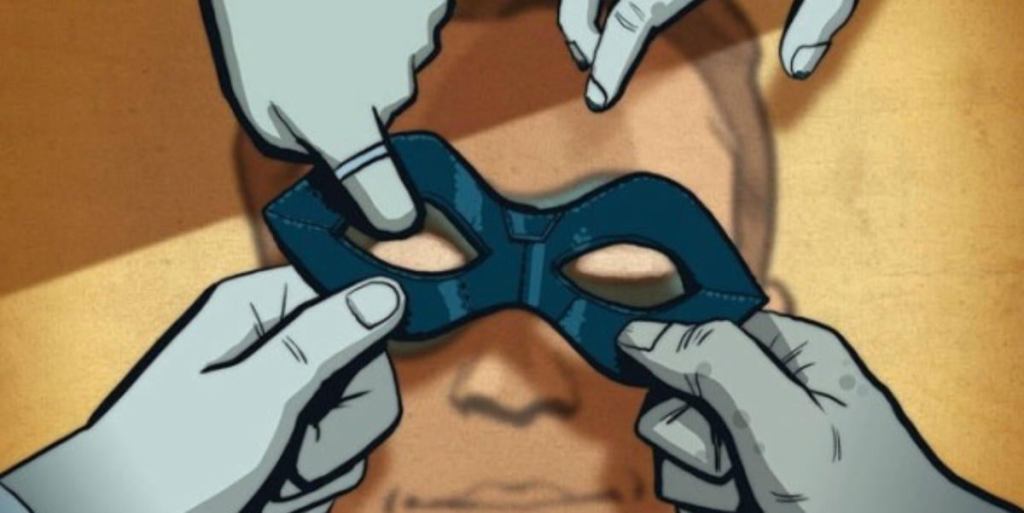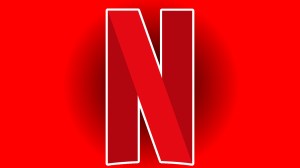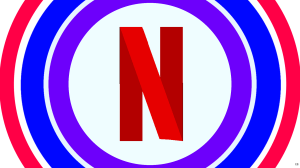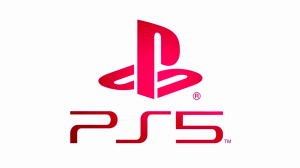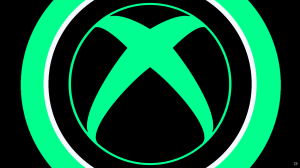Public Domain is not a history of comics, but it’s also difficult to miss the archetypes and ideas drafted from that history. It’s set in a familiar present where pop culture is dominated by superhero movies adapted from decades-old source material; actors and the properties they provide a face to are celebrated on every imaginable surface, while the original creators either perform as useful idiots or are ignored altogether. This is a familiar history to anyone who knows the history of Jack Kirby, Steve Ditko, Bill Finger, or dozens of others, and it would be easy to utilize nearly a century of mistreatment and unethical dealings to romanticize or rage. However, in staging this story, creator Chip Zdarsky opts to focus on the whys and wherefores, avoiding easy answers on what promises to be a much more engaging consideration of culture and commerce.
Videos by ComicBook.com
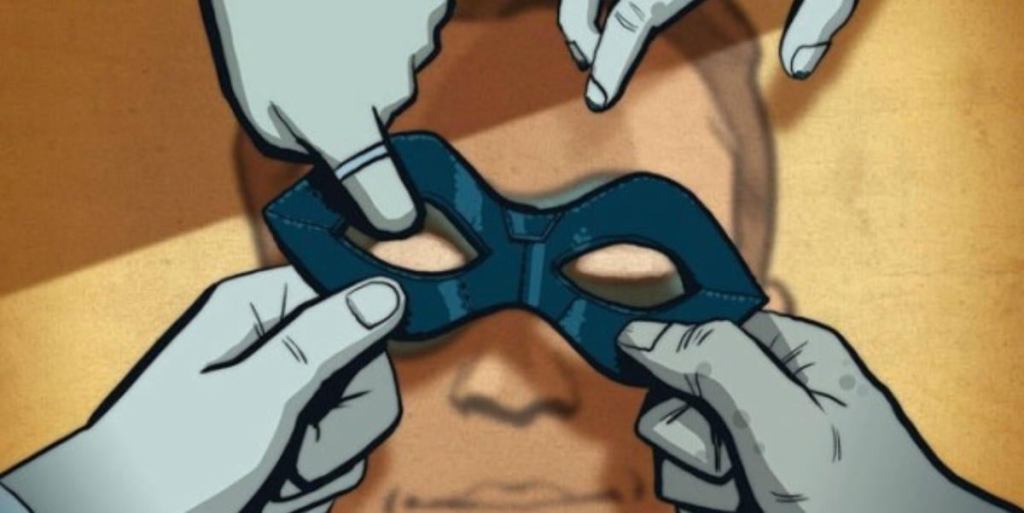
Public Domain #1 occurs during the release of Eminent Domain, the newest film adaptation of superhero The Domain as part of a shared universe of projects (“the mid-point movie in Phase Five of the SCU”). Both of The Domain’s creators, artist Syd Dallas and writer Jerry Jasper, are still alive and operating in very different manners. Syd is a family man living a relatively secluded life with his wife and two grown children, Miles and Dave, while Jerry operates in California as an unproductive, but useful face for Singular Comics, the legal owners of The Domain. It’s a status quo that doesn’t neatly align with any specific analogs, but most closely resembles the dynamic between Jack Kirby and Stan Lee, although Kirby passed away more than a decade before the Marvel Studios juggernaut emerged.
The first issue introduces readers to all of these characters (and more) while setting the tone for the series. It isn’t intent on relitigating real world injustices, so much as understanding them. Syd Dallas is obviously the most sympathetic figure – having resigned himself to obscurity while remaining a loving father and husband, and warm to those inspired by his work. Yet Jerry Jasper isn’t an obvious villain, merely an ordinary asshole basking in the long-faded glow of his own golden age; there’s sadness in his life, too. The focus when introducing characters is on understanding, rather than categorizing them. When Miles and Dave showcase their own shortcomings, they are balanced by elements of humor, compassion, and thoughtfulness. There’s plenty of sympathy to go around.
This appreciation for character is balanced by a perspective on the capitalist ecosystem they inhabit. It’s laid out in no uncertain terms by Miles’ editor-in-chief at one point who essentially says: We tell you what to do, then you do it, and that’s how you survive. The endless promotion for Eminent Domain creates a cage around Miles in the issue’s first sequence. The Domain, however it began, has been transformed into an immensely valuable product and everyone connected to that product is most interested in how they may profit from it. This extends from Jerry Jasper to current actors, promoters, and most of the audience on opening night. It’s a clear-sighted vision that neither the MCU nor any other superhero property is a “modern mythology” or anything else terribly fanciful; they’re cash cows. Anything redeemable about this cold superhero uniform can only be found in the people associated with it.
Despite the heavy themes addressed in Public Domain #1, Zdarsky’s idiosyncratic style makes the entire introduction a pleasant affair. Background gags are limited to maintain a less-gonzo tone, but readers with an eye for detail will be regularly rewarded. Amidst serious and subtext-laden dialogues, he finds plenty of opportunities to diffuse those difficulties with some black humor. It’s the design of these characters, their faces particularly, that ensures a sense of life is never lost. Clear body language and expressions create space for conflicting emotions and guide readers to better understand each person populating Public Domain.
The cliffhanger on the final page will prove to be the meat of this contemplation on artistic creation and late-stage capitalism, Public Domain #1 merely provides the framing. But the approach displayed in these pages showcases an appreciation for nuance and sympathy for all comers. It’s a useful approach for addressing a multi-billion dollar industry built on foundations of mistreatment and neglect; I’m curious to see where Zdarsky takes us with it.
Published by Image Comics
On June 29, 2022
Written by Chip Zdarsky
Art by Chip Zdarsky
Colors by Chip Zdarsky
Letters by Chip Zdarsky
Cover by Chip Zdarsky

